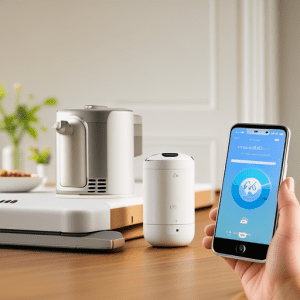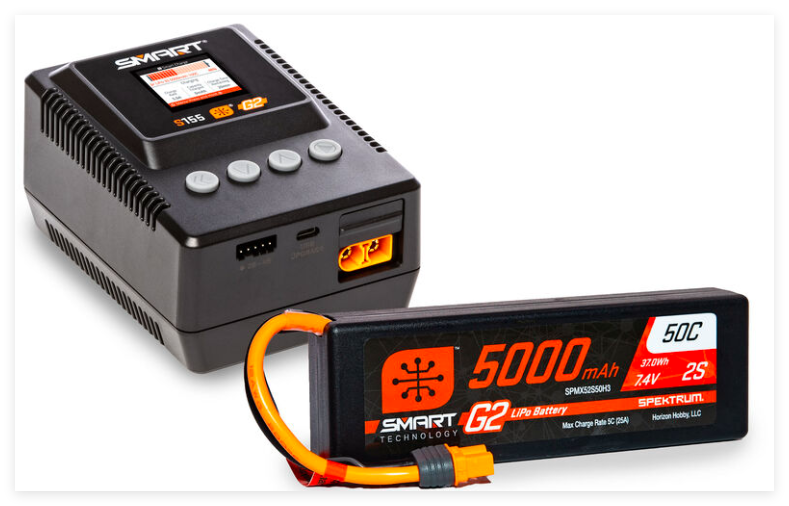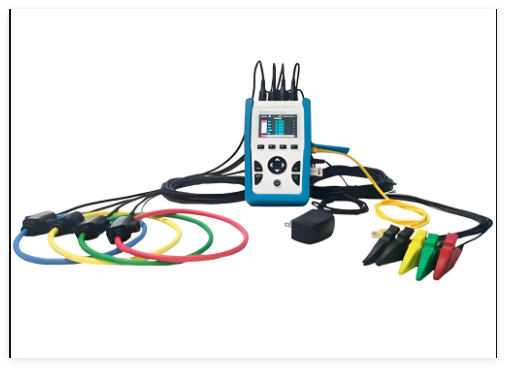How can smart home devices assist the elderly or people with disabilities?
Smart home devices are like the “magic wands” of modern life; with a gentle wave, they can bring great convenience to the lives of the elderly or people with disabilities. According to data from the International Smart Home Association, the global market size for smart home devices is expected to reach nearly 150 billion US dollars by 2025, and among them, smart home solutions for the elderly and people with disabilities will account for a significant share.

The reasons why smart home devices can help the elderly or people with disabilities are mainly reflected in the following aspects:
- Safety Monitoring: By installing smart cameras and sensors, family members or caregivers can remotely monitor the living environment of the elderly or people with disabilities to ensure their safety.
- Health Monitoring: Smart wearable devices can monitor health indicators such as heart rate and blood pressure in real time, and promptly remind users or their families to pay attention to changes in health.
- Daily Life Assistance: Smart voice assistants can help the elderly or people with disabilities control home appliances, such as turning lights on and off, adjusting air conditioning temperatures, etc., reducing their inconvenience in moving.
- Emergency Assistance: In emergency situations, smart home devices can quickly contact emergency services or family members to ensure timely help.
- Environmental Control: Smart temperature control systems can automatically adjust indoor temperatures according to user preferences, improving living comfort.
- Entertainment and Social Interaction: Smart home devices can also provide entertainment content, such as music and movies, and help the elderly or people with disabilities maintain contact with the outside world through video call functions.
In the new energy industry, we have also seen the combination of smart homes and new energy technologies. For example, the combination of solar panels with smart home systems not only provides clean energy for families but also optimizes energy use through smart management systems, reducing electricity costs.
As the ancients said, “It is better to teach a man to fish than to give him a fish,” smart home devices do not only provide immediate help, but more importantly, they give the elderly and people with disabilities more autonomy and dignity, allowing them to live more confidently.
Looking forward to the future, with the further development of technologies such as 5G, the Internet of Things, and artificial intelligence, smart home devices will become more intelligent and personalized, providing more comprehensive and meticulous care for the elderly and people with disabilities. We have reason to believe that smart home devices will become an important force in promoting social progress and improving the quality of human life.
Thank you, everyone!



Post Comment